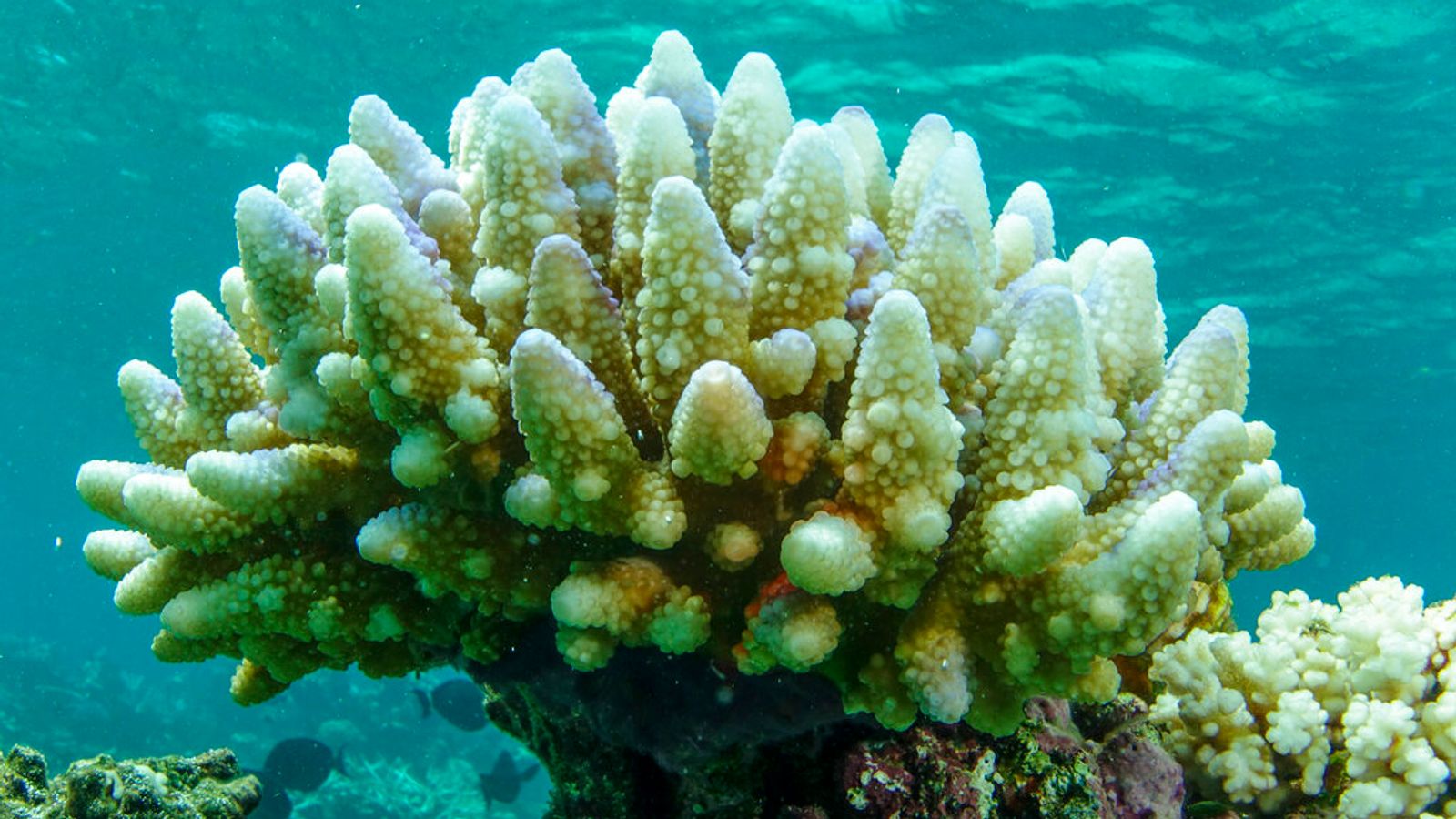Coral reefs are among the most diverse and important ecosystems on the planet, providing habitat for countless marine species and supporting the livelihoods of millions of people around the world. However, these vital ecosystems are facing a grave threat due to climate change and warming oceans.
According to a recent study, mass bleaching events, where corals lose their vibrant colors and become vulnerable to disease and death, are becoming more frequent and severe due to rising sea temperatures. Scientists have long warned that climate change is causing oceans to warm, leading to increased stress on coral reefs and making them more susceptible to bleaching.
Mass bleaching events have been observed in coral reefs around the world, from the Great Barrier Reef in Australia to the reefs of the Caribbean. In recent years, these events have become more frequent and severe, with some reefs experiencing multiple bleaching events within a short period of time.
The consequences of mass bleaching events are dire. When corals bleach, they lose the symbiotic algae that provide them with energy, leading to starvation and eventually death. This not only affects the corals themselves, but also the countless other species that rely on coral reefs for food and shelter.
In addition to warming oceans, other factors such as pollution, overfishing, and ocean acidification are also contributing to the decline of coral reefs. However, climate change is the primary driver of mass bleaching events, and urgent action is needed to address this global threat.
Scientists are calling for immediate and decisive action to reduce greenhouse gas emissions and limit global warming to prevent further damage to coral reefs. They emphasize the importance of protecting and restoring these vital ecosystems, which are not only crucial for biodiversity but also for the livelihoods and well-being of millions of people around the world.
The time to act is now. If we fail to address climate change and its impacts on coral reefs, we risk losing these valuable ecosystems forever. It is up to all of us to take responsibility for our actions and work together to protect and preserve the beauty and biodiversity of coral reefs for future generations.
